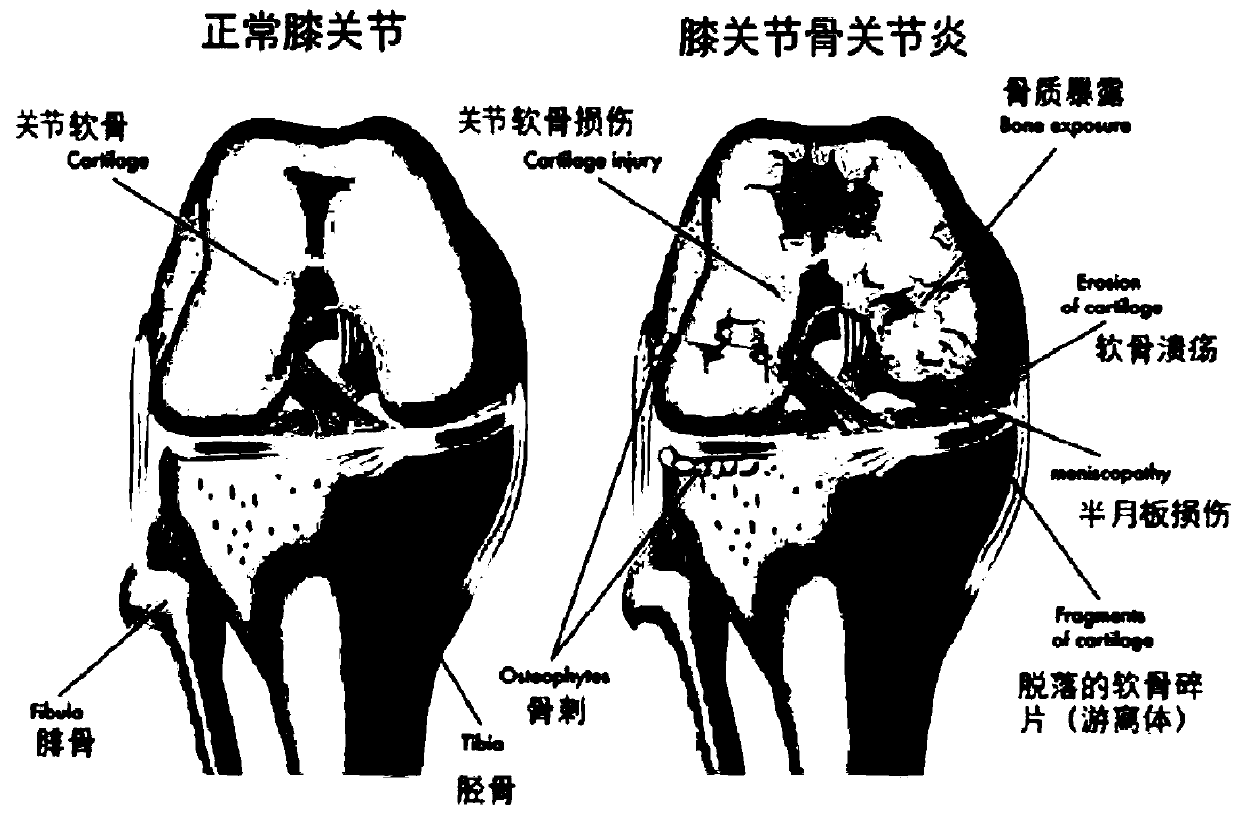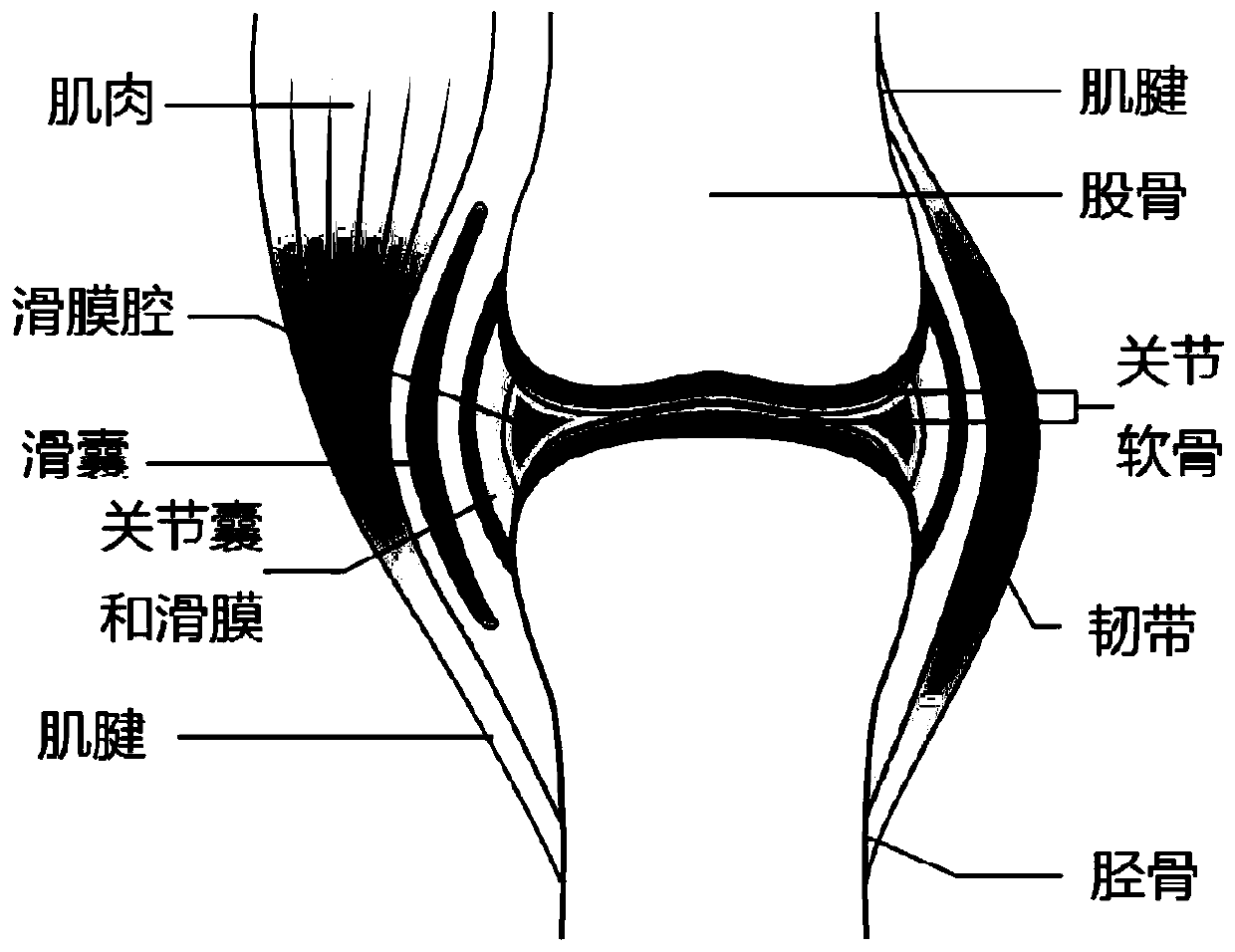Method for processing human joint data provided based on tomography technology
A technology for human joint and tomographic imaging, which is applied in the field of medical image processing and can solve problems such as affecting doctors' judgment.
- Summary
- Abstract
- Description
- Claims
- Application Information
AI Technical Summary
Problems solved by technology
Method used
Image
Examples
Embodiment 1
[0079] refer to figure 2 According to one embodiment of the present invention, a method for processing a magnetic resonance scan sequence taken for a human knee joint to obtain data for establishing a three-dimensional articular cartilage model includes:
[0080] Step 1. Use the MRI scanner to collect image data of the knee joint.
[0081] When collecting images of the knee joint, the patient can be prompted to lie down and adjust the body position, so that the degree of flexion and extension of the knee joint, placement, and the rotation angle compared to the scanner are fixed, so that the same image can be taken every time. The same area of the knee joint of the person in the same posture is photographed from the same angle.
[0082] According to an embodiment of the present invention, in order to facilitate the acquisition of accurate articular cartilage data, an image analysis program may be used to perform image processing such as denoising on the obtained scan sequence...
Embodiment 2
[0107] The inventors found that in the course of medical practice, in order to track the progress of a patient's disease to determine the appropriate treatment, or to study whether the articular cartilage of a patient is repaired for a period of time after the treatment with adipose-derived mesenchymal stem cells , it is necessary to compare the condition of the articular cartilage of the patient in the two periods.
[0108] Figure 3e A schematic diagram of the three-dimensional model of the cartilage attached to the osteogenesis on both sides of the right knee joint obtained by the method of before treatment, 12 weeks after treatment, and 24 weeks after treatment is shown. It can be seen that based on this method, it is convenient to conduct a qualitative analysis of the cartilage wear conditions captured several times. However, in order to quantitatively compare the cartilage wear conditions, it is necessary to spatially analyze the cartilage of the same joint obtained by ...
PUM
 Login to View More
Login to View More Abstract
Description
Claims
Application Information
 Login to View More
Login to View More - R&D
- Intellectual Property
- Life Sciences
- Materials
- Tech Scout
- Unparalleled Data Quality
- Higher Quality Content
- 60% Fewer Hallucinations
Browse by: Latest US Patents, China's latest patents, Technical Efficacy Thesaurus, Application Domain, Technology Topic, Popular Technical Reports.
© 2025 PatSnap. All rights reserved.Legal|Privacy policy|Modern Slavery Act Transparency Statement|Sitemap|About US| Contact US: help@patsnap.com



